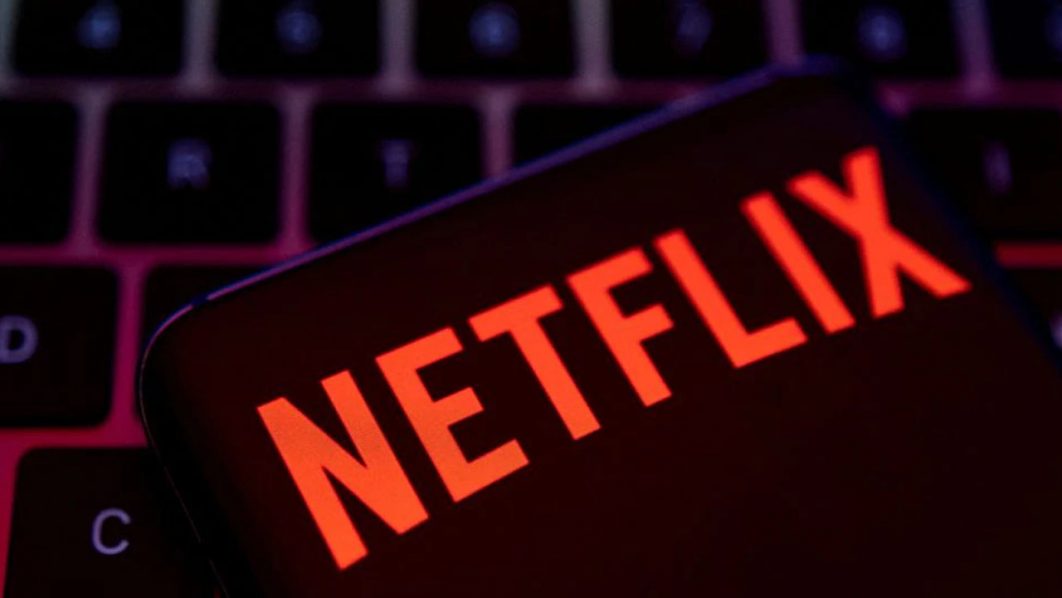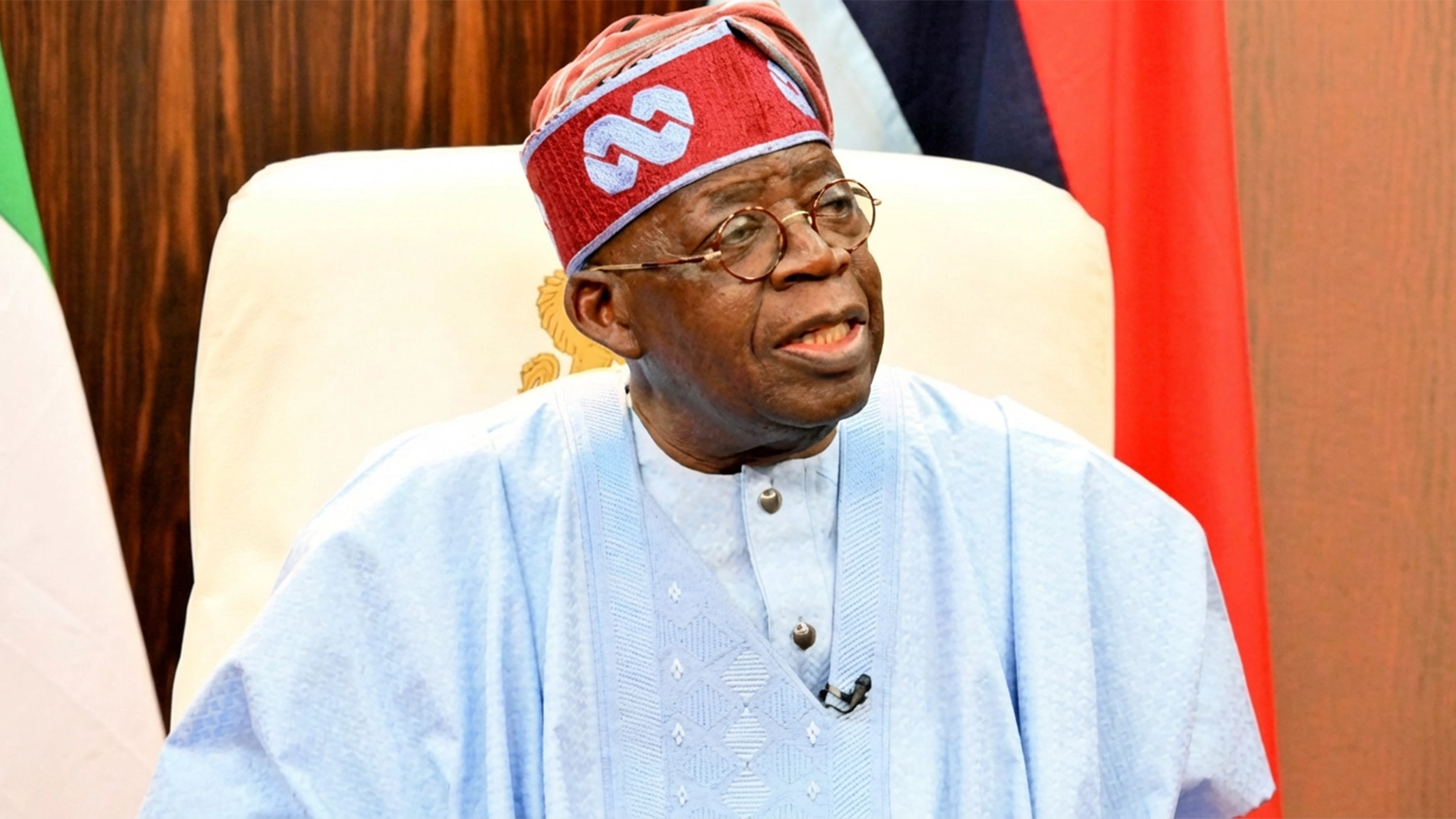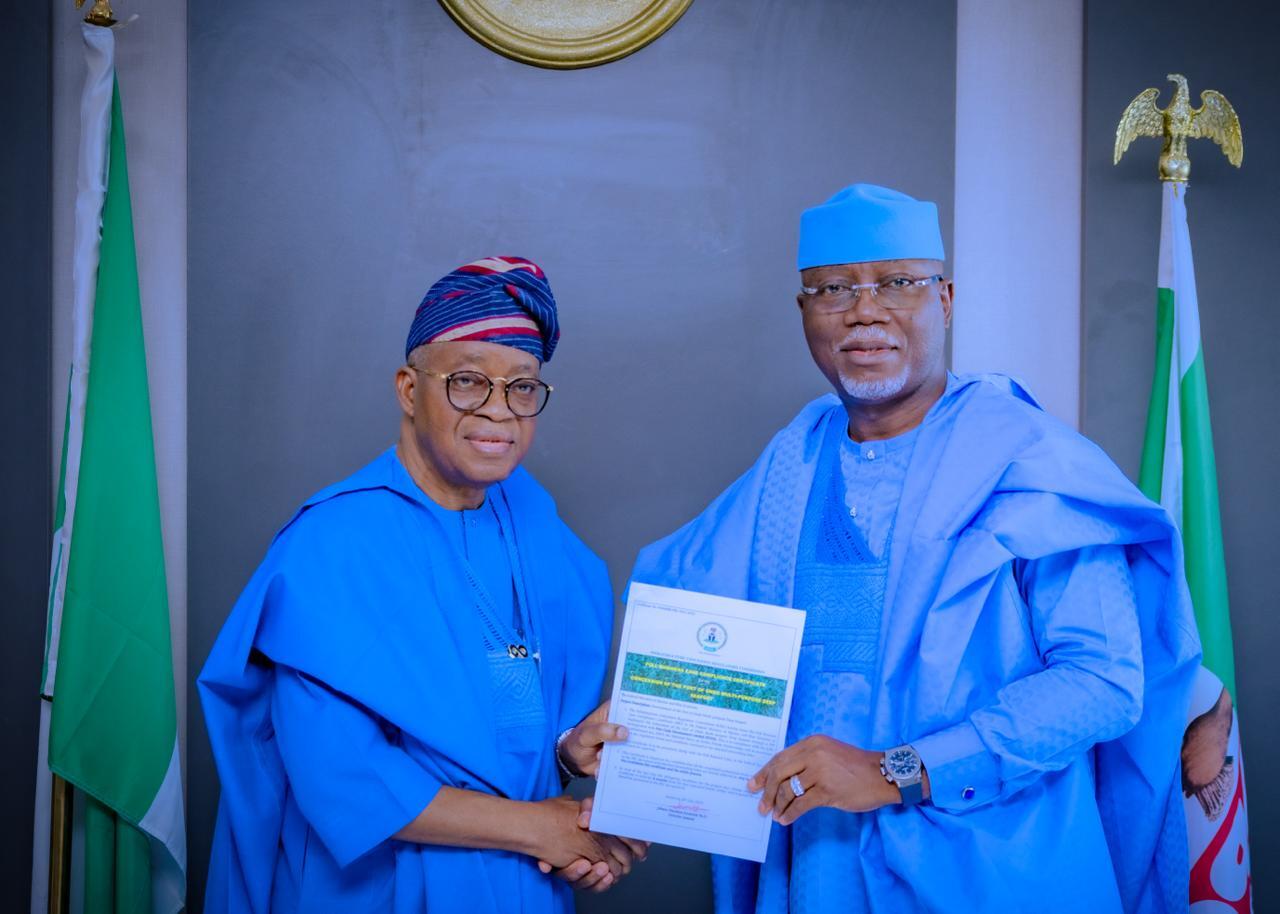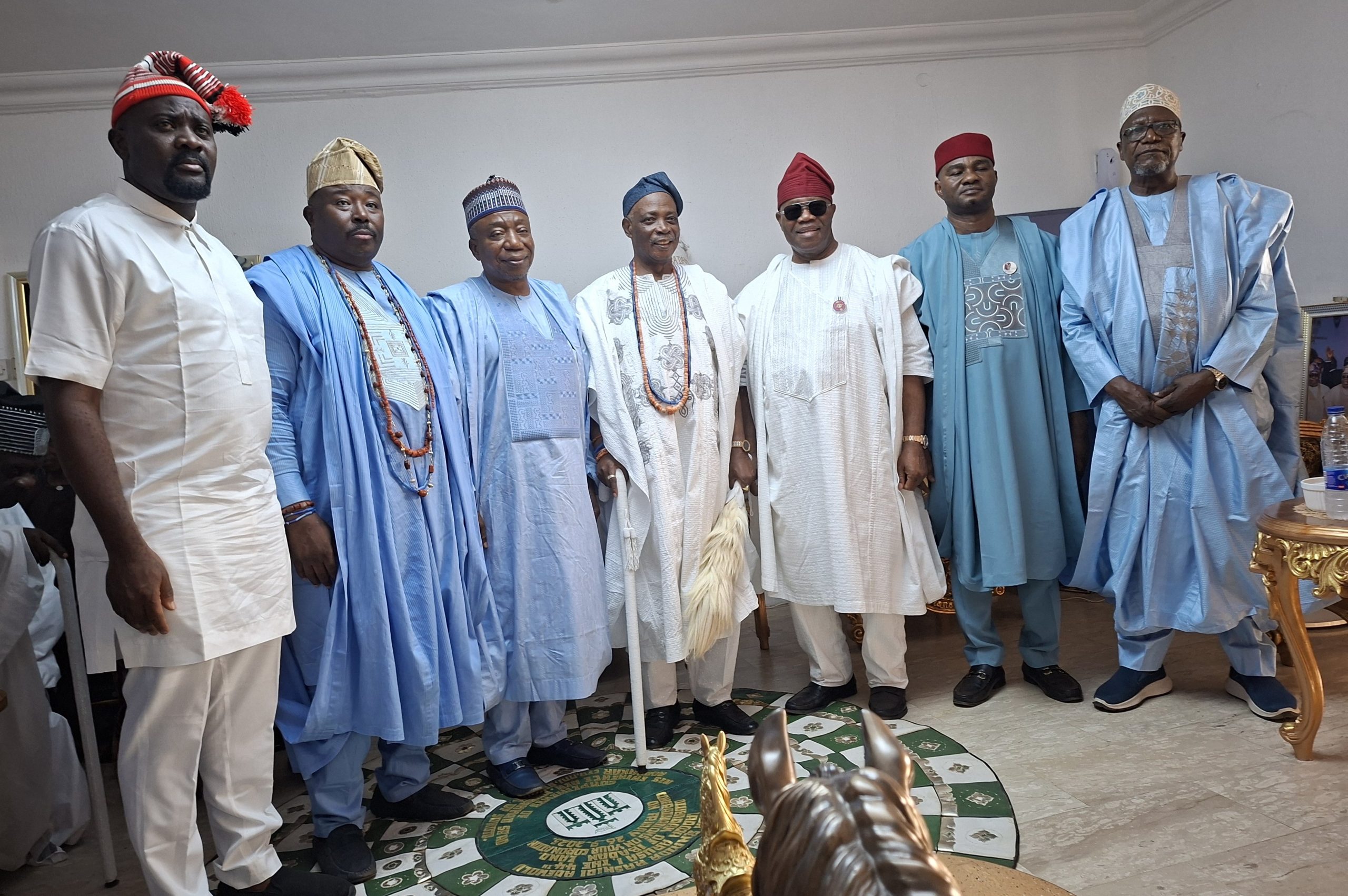
Uncertainty has become the lot of Netflix operations in Nigeria.
While some reports claimed that Netflix has decided to abandon the Nigerian market because of inflation among other challenges facing the country, the firm has denied exiting the country.
However, The Guardian learned that Netflix was only cutting funding for Nigerian movies.
Relatedly, the United Kingdom (UK) and Nigeria have agreed to strengthen economic ties through a co-production agreement, facilitating collaboration between film industries in both countries to produce content for domestic and international markets.
A report quoted an official of Netflix on the condition of anonymity as saying: “We are exiting the Nigerian market. We have lost too many paying subscribers and the exchange rate of naira against the American dollar also did not help us in any way.”
A very close source to Netflix, while noting that the company remained committed to Nigerian stories, he said the company was adjusting its investment strategy and more selective process in licensing local content because of economic challenges.
“They are picking and choosing local content investment or titles they want to keep licensing in Nigeria. They are still kind of focused on the local stories coming out from Nigeria,” the source said.
To confirm the crisis in that space, renowned Nigerian filmmaker, Kunle Afolayan, expressed deep concern over Netflix’s recent decision to reduce funding for Nigerian movies.
Afolayan reportedly said the development could significantly impact the burgeoning Nollywood industry. “The budget we are being given is tied to what we earn. A week after Aníkúlápó was released, it peaked at number one globally; because of that, they commissioned the first series and later commissioned seasons two and three.”
Thank God we have shot seasons two and three because other people, who were commissioned at the same time had their projects cancelled.”
According to Afolayan, Mo Abudu’s Blood Sisters 2 is still in process.
Netflix announced last year that it had invested over $23 million in the Nigerian film industry in the last seven years, with the investments supporting 5,140 jobs in the country.
Since its launch in Nigeria in 2016, Netflix has commissioned and co-produced Lionheart, Genevieve Nnaji’s directorial debut, and the first Nigerian original film on Netflix, Aníkúlápó and Aníkúlápó series by Afolayan. Others include Blood Sisters, Shanty Town, King of Boys, Far from Home, Jagun Jagun, Oloture the Journey, Blood Vessel and Ijogbon.
While it is difficult to get country-specific or regional user figures, Netflix is, however, said to have over 247 million paid subscribers in over 190 countries.
Efforts to get Netflix’s official statement on the development proved abortive, as the number of supposed spokespersons for the platform could not be reached as of press time.
UK High Commissioner to Nigeria, Richard Montgomery, at the 80th anniversary event of the British Council in Nigeria held in Abuja, yesterday, said the partnership was to boost mutual economic growth, create jobs and increase investments, particularly in key sectors such as trade, agriculture and technology.
He attributed the momentum being gained by Nigeria’s soft power globally to the popularity of Nigerian Afrobeat music, which took the world by storm.
Montgomery assured of UK government’s continued support of Nigeria’s creative economy.
“Some practical things are coming out of the dialogue between the UK and Nigeria. So, we have agreed to work on a co-production agreement that helps Nigerians and UK people in the film industry to work together and churn out more products for both domestic and international markets. We want to grow the mutual links between our economies.”
On his part, the Acting Country Director, British Council, Chilufya Besa, said the organisation “has grown into a global brand” with over 100 countries and 220 locations, fostering inclusive education, effective teaching and learning, and supporting global citizenship.
Represented by the Director, Programmes/Chairman, Board of Directors, British Council Nigeria, Chikodi Onyemerela, the Country Director said the 80th-anniversary theme, ‘Amplifying the Voices of the Future’, reflected the organisation’s commitment to empowering young people, who make up nearly 70 per cent of Nigeria’s population under 30.
Besa said the Council would continue to provide access to global professional development, capacity-building initiatives for teachers and investments in the creative sector.
The celebration, he stated, underscores the strength of the UK-Nigeria relationship and the British Council’s dedication to fostering educational excellence and supporting Nigerian aspirations.






